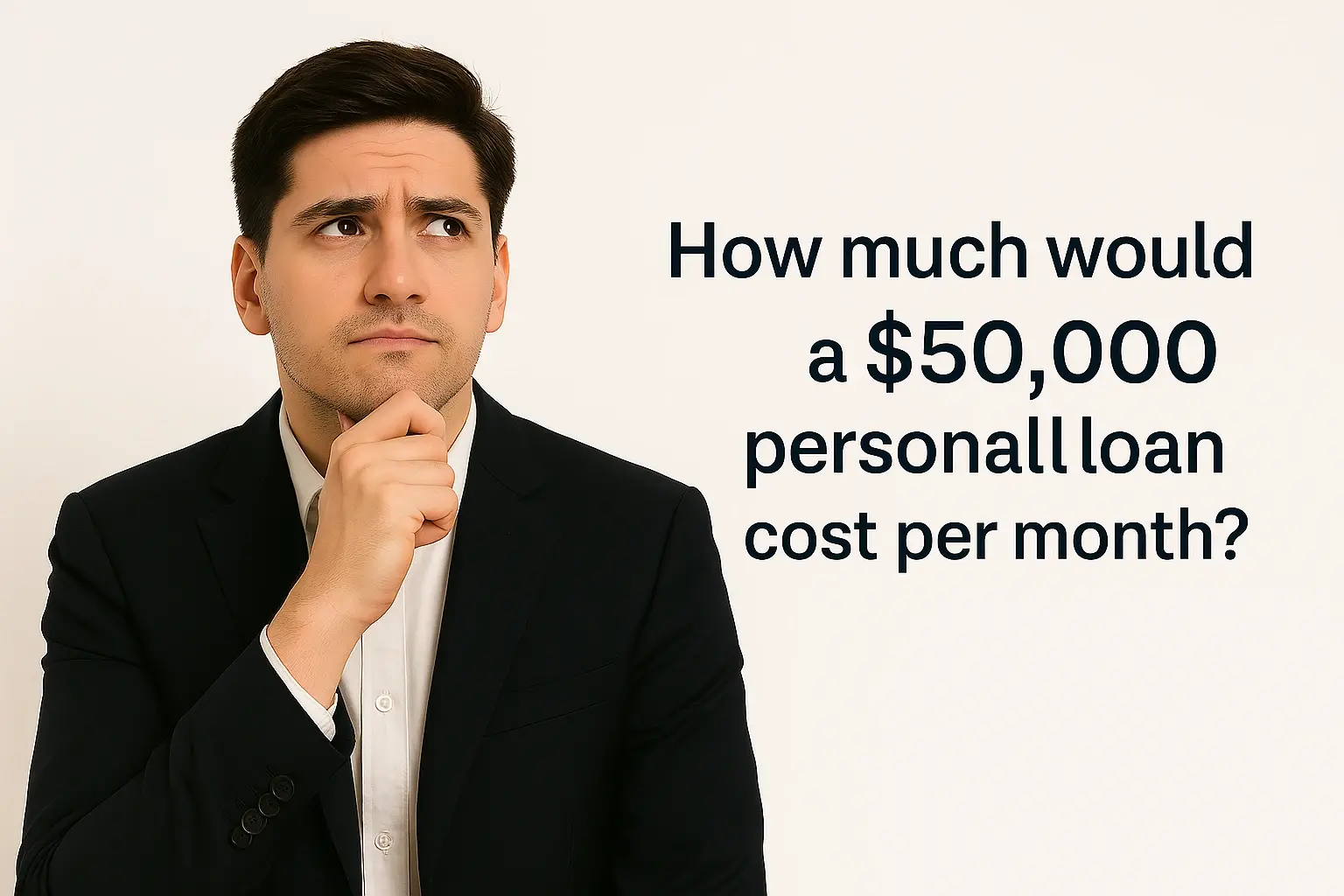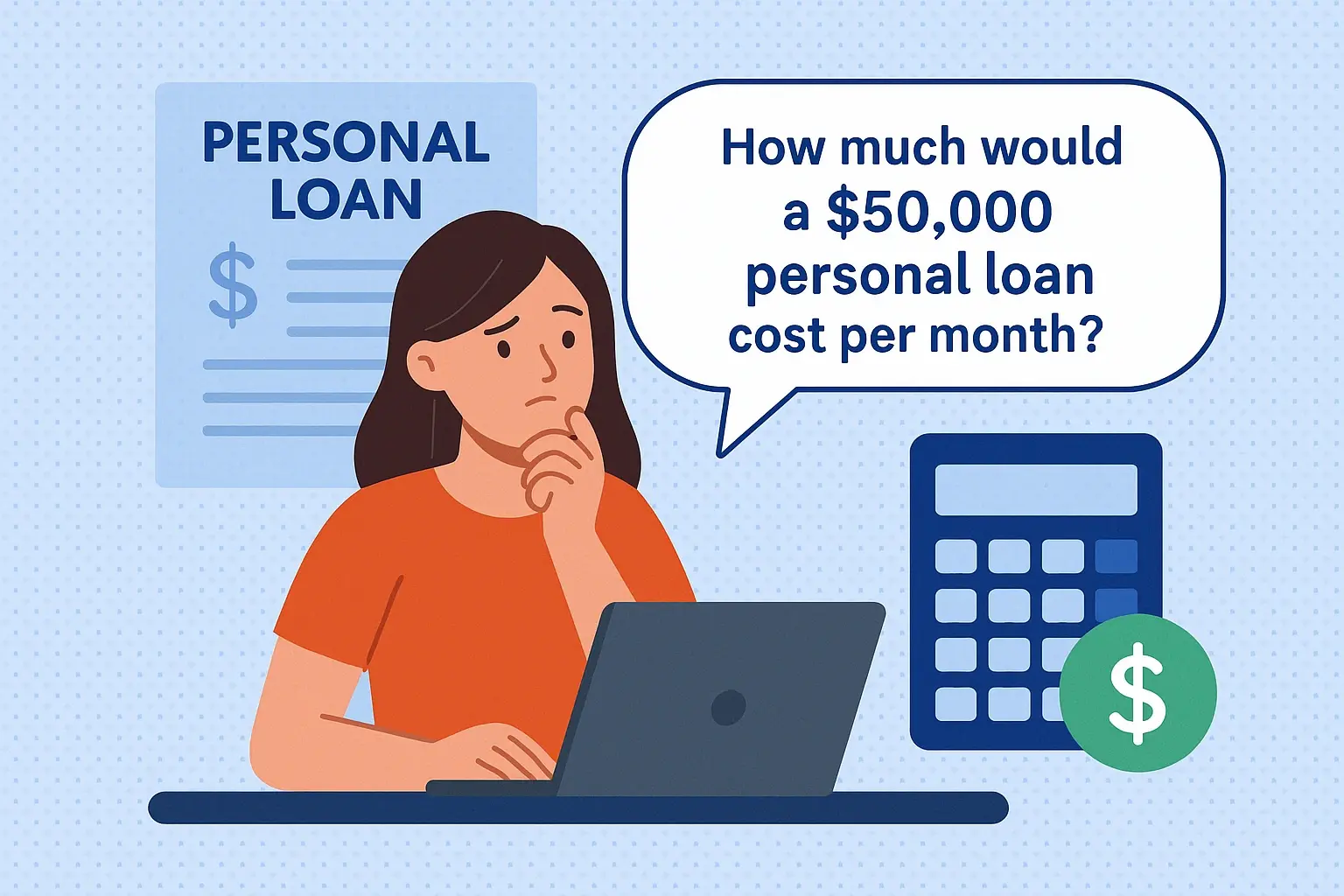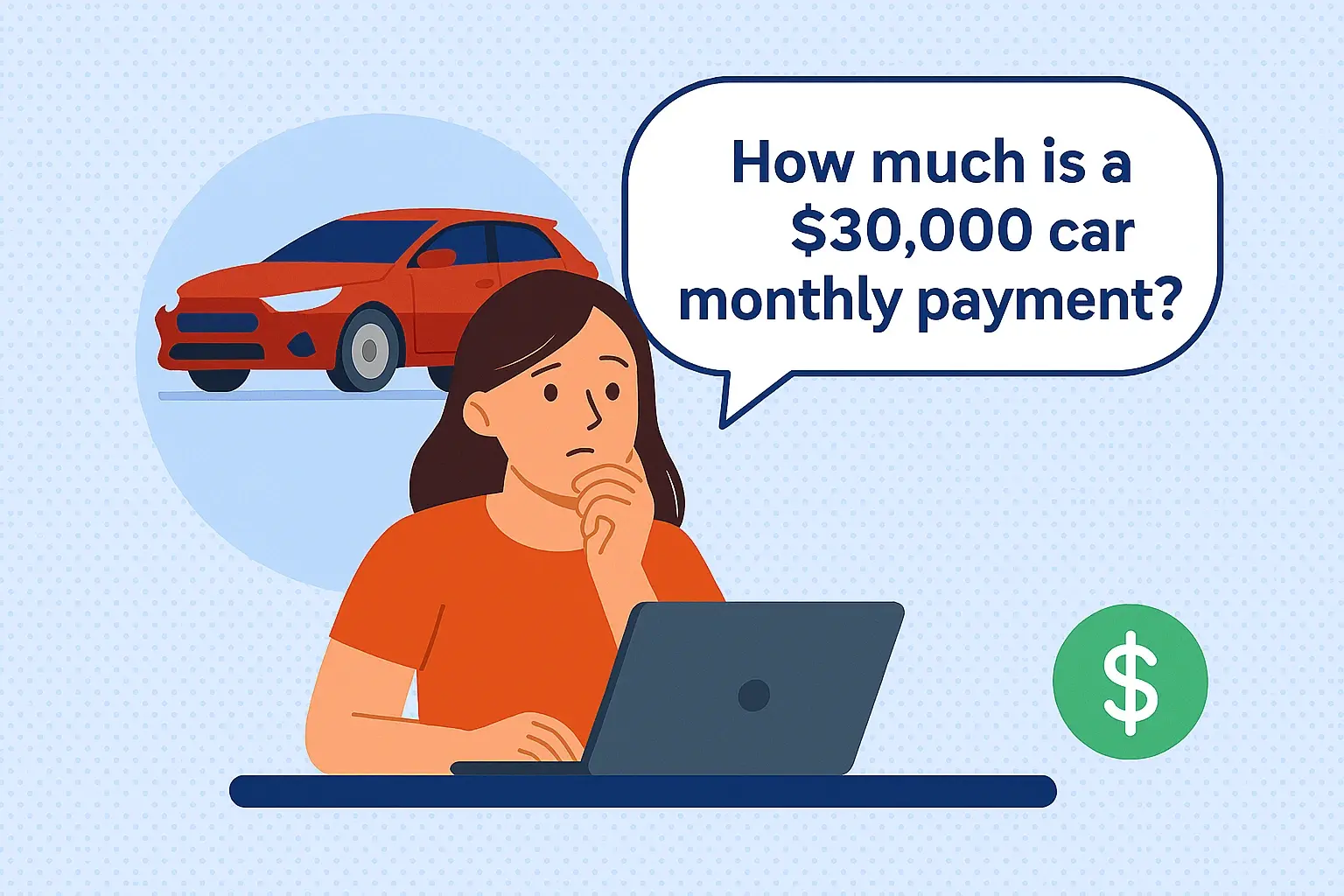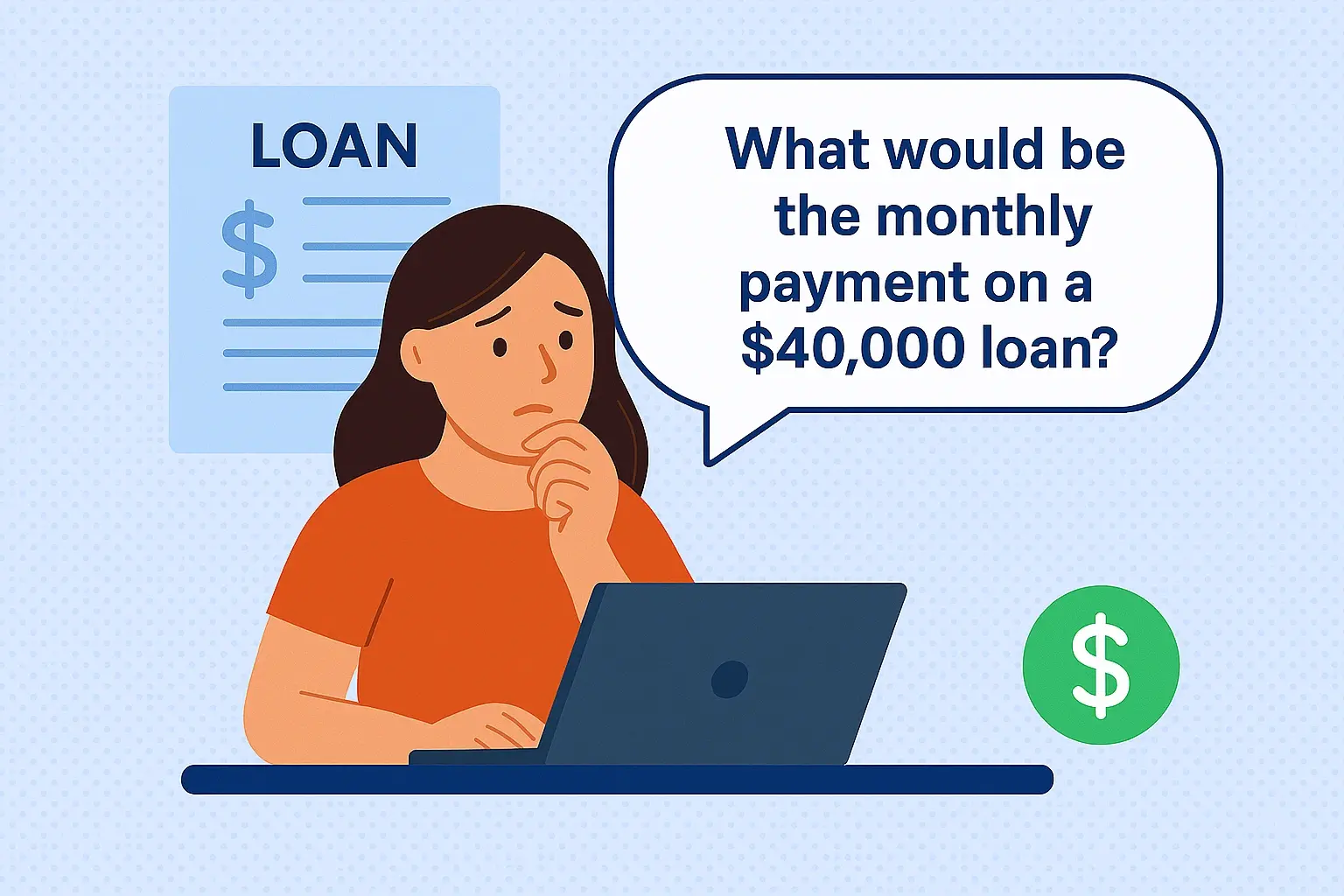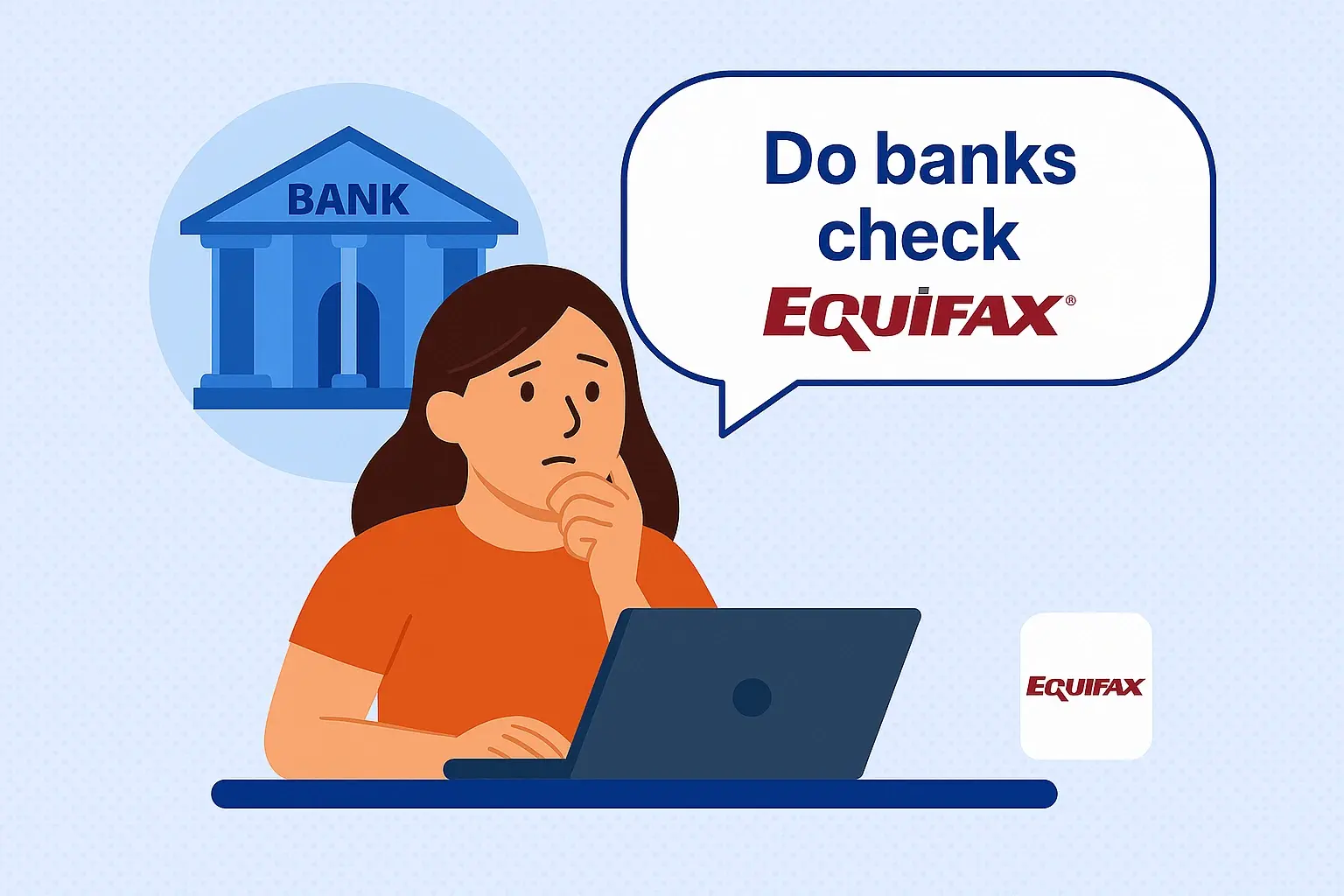-
Posted on: 30 Jul 2024

-
A credit freeze, also known as a security freeze, is a powerful tool for protecting your credit information and preventing unauthorized access to your credit reports. It’s a measure many people take, especially after data breaches, to safeguard themselves from potential identity theft. But the crucial question remains: Can your identity still be stolen even if your credit is frozen?
What is a Credit Freeze and How Does It Work?
A credit freeze restricts access to your credit report. This means that most lenders will not be able to view your credit history when you apply for new credit. Since lenders typically require a credit report to approve applications for loans, credit cards, and other forms of credit, a freeze can effectively prevent identity thieves from opening new accounts in your name.
To place a credit freeze, you need to contact each of the three major credit bureaus individually: Equifax, Experian, and TransUnion. You'll likely need to provide some personal information to verify your identity, such as your Social Security number, address, and date of birth. You'll also be asked to create a PIN or password that you'll need to use to lift or temporarily thaw the freeze when you legitimately need to apply for credit.
It's crucial to remember that placing a freeze is free in all states and does not affect your credit score. You can lift the freeze temporarily to apply for credit, or permanently remove it if you wish. Lifting a freeze typically requires providing your PIN or password to the credit bureau.
The Mechanics of a Credit Freeze
- Restricts Access: Prevents most lenders from viewing your credit report.
- Identity Verification: Requires verification with each credit bureau (Equifax, Experian, TransUnion).
- PIN/Password: Requires a PIN to lift or temporarily thaw the freeze.
- Free of Charge: Free in all U.S. states.
- No Impact on Credit Score: Freezing your credit does not affect your credit score.
The Protection Offered by a Credit Freeze
A credit freeze primarily protects you from new account fraud. This is when someone uses your stolen personal information to open new credit accounts, such as credit cards, loans, or utility accounts, in your name. Because lenders typically check your credit report before approving these applications, a freeze effectively blocks them from doing so, making it much harder for an identity thief to succeed.
By preventing access to your credit report, a credit freeze makes it significantly more difficult for criminals to:
- Open new credit card accounts in your name.
- Take out loans in your name.
- Establish new utility services using your identity.
- Rent an apartment or purchase a home.
Essentially, it’s a key defense against financial identity theft centered around new credit applications.
Where a Credit Freeze Falls Short: Limitations to Consider
While a credit freeze provides significant protection, it's important to understand its limitations. It's not a foolproof solution against all forms of identity theft. Here are some areas where a credit freeze offers little to no protection:
1. Existing Account Takeover
A credit freeze does not prevent criminals from gaining access to your existing accounts. If an identity thief already has your account information (e.g., through phishing, malware, or a data breach), they can still make unauthorized transactions, change your address, or even drain your accounts. This is because a credit freeze only blocks new credit applications, not access to existing accounts.
2. Medical Identity Theft
Medical identity theft occurs when someone uses your personal information to obtain medical care, prescription drugs, or medical insurance coverage under your name. This can result in inaccurate medical records, denied coverage, and potentially serious health consequences. A credit freeze offers no protection against this type of fraud, as it doesn't restrict access to your medical records or insurance information.
3. Government Benefits Fraud
Identity thieves can use your stolen information to apply for government benefits, such as Social Security benefits, unemployment benefits, or tax refunds. A credit freeze won't prevent this type of fraud, as government agencies typically don't rely on credit reports for eligibility verification.
4. Pre-Approved Credit Offers
While a credit freeze prevents lenders from accessing your credit report for most new applications, you may still receive pre-approved credit offers in the mail. This is because these offers are often based on information from marketing lists or prior credit inquiries, not on a current credit report review. While receiving these offers doesn't necessarily mean you're vulnerable to identity theft, it's a reminder that your personal information may still be circulating in various databases.
5. Retail Accounts and Store Credit Cards
Some retailers may not check your credit report when opening a store credit card account, or they may use a "soft pull" that doesn't require lifting the freeze. Therefore, a credit freeze may not always prevent someone from opening a retail account in your name.
6. Cash Transactions and Check Fraud
A credit freeze does nothing to prevent cash transactions or check fraud. If someone steals your checks or counterfeits them, they can still use them to make unauthorized purchases or withdraw funds from your bank account, regardless of whether your credit is frozen.
Alternative Identity Theft Protection Measures
Since a credit freeze alone isn't a complete solution, it's essential to adopt a multi-layered approach to identity theft protection. Here are some additional measures you can take:
1. Credit Monitoring
Credit monitoring services track your credit report for any changes, such as new accounts opened, inquiries, or changes to your address. These services can alert you to suspicious activity promptly, allowing you to take action to mitigate the damage. Many credit card companies and financial institutions offer free credit monitoring services to their customers.
2. Identity Theft Protection Services
These services offer a range of features, including credit monitoring, dark web monitoring (scanning for your personal information on the dark web), identity restoration assistance, and insurance coverage for expenses related to identity theft. While these services can be helpful, it's important to carefully evaluate the costs and benefits before signing up.
3. Regular Account Monitoring
Carefully review your bank statements, credit card statements, and other financial records regularly to identify any unauthorized transactions. Report any suspicious activity to your financial institution immediately.
4. Strong Passwords and Two-Factor Authentication
Use strong, unique passwords for all your online accounts and enable two-factor authentication (2FA) whenever possible. 2FA adds an extra layer of security by requiring a second verification method, such as a code sent to your phone, in addition to your password.
5. Be Cautious of Phishing Scams
Be wary of unsolicited emails, text messages, or phone calls asking for your personal information. Phishing scams are designed to trick you into revealing sensitive data, such as your Social Security number, credit card numbers, or bank account information. Never click on links or download attachments from unknown sources.
6. Secure Your Social Security Number
Treat your Social Security number (SSN) like cash. Don't carry your Social Security card in your wallet or share your SSN unnecessarily. Be cautious about providing your SSN online or over the phone unless you're absolutely certain that the request is legitimate.
7. Data Breach Alerts and Mitigation
Stay informed about data breaches and take steps to protect your information if you're affected. Change your passwords for any accounts that may have been compromised, and consider placing a fraud alert on your credit report.
Conclusion: A Layered Approach is Key
While a credit freeze is a valuable tool in the fight against identity theft, it's not a panacea. It primarily protects you from new account fraud, but it doesn't prevent criminals from accessing your existing accounts, committing medical identity theft, or filing fraudulent government benefits claims. A layered approach to identity theft protection, including credit monitoring, strong passwords, and vigilance against phishing scams, is crucial for safeguarding your personal and financial information.

